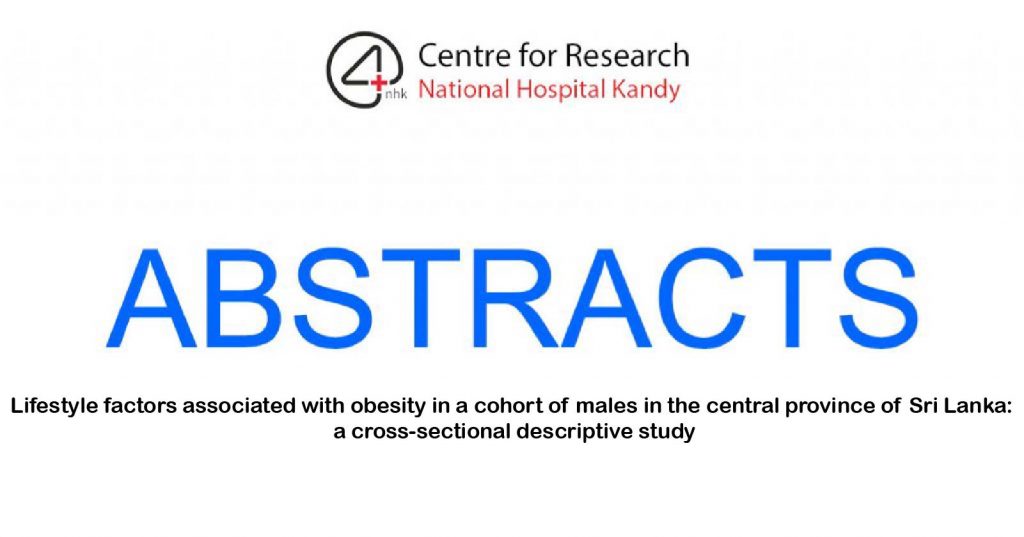Abstract
White adipose tissue (WAT) and brown adipose tissue (BAT) are involved in whole-body energy homeostasis and metabolic regulation. Changes to mass and function of these tissues impact glucose homeostasis and whole-body energy balance during development of obesity, weight loss, and subsequent weight regain. Omega-3 polyunsaturated fatty acids (ω-3 PUFAs), which have known hypotriglyceridemic and cardioprotective effects, can also impact WAT and BAT function. In rodent models, these fatty acids alleviate obesity-associated WAT inflammation, improve energy metabolism, and increase thermogenic markers in BAT. Emerging evidence suggests that ω-3 PUFAs can also modulate gut microbiota impacting WAT function and adiposity. This review discusses molecular mechanisms, implications of these findings, translation to humans, and future work, especially with reference to the potential of these fatty acids in weight loss maintenance.


